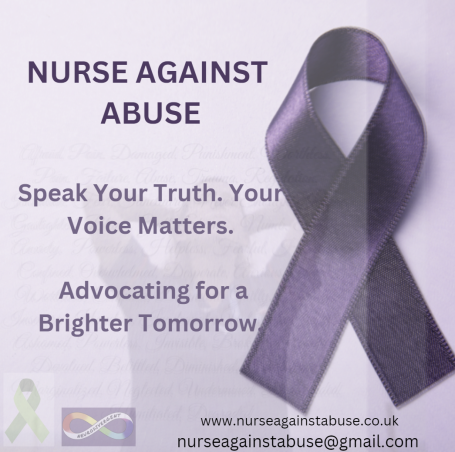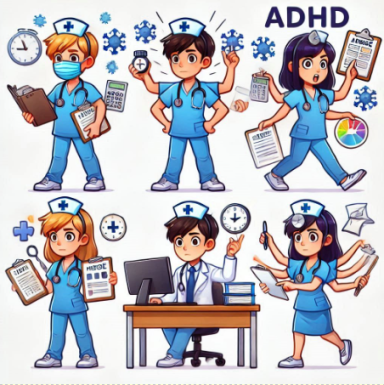Neurodiversity and Mental Health
Welcome to our comprehensive resource page, dedicated to combating the stigma surrounding mental health and neurodiversity. Here, you will find detailed information, resources, and personal stories about a wide range of topics. Explore sections on Understanding Depression, Navigating Anxiety Disorders, Living with Bipolar Disorder, Obsessive-Compulsive Disorder Insights, Healing from Trauma (PTSD), Understanding Autism Spectrum Disorder, Parenting and ADHD, Dyslexia and Learning Strategies, Living with Tourette Syndrome, Exploring Sensory Processing Disorder, Embracing Neuroplasticity, Mindfulness and Meditation Practices, Combating Eating Disorders, Understanding Borderline Personality Disorder, and Schizophrenia Insights.
Each section provides valuable insights, support options, and links to related articles, blogs, and community resources. Our aim is to empower you with the knowledge and tools needed to foster understanding, support, and positive change.
What is Neurodiversity?
Neurodiversity is the concept that neurological differences, such as autism, ADHD, dyslexia, and others, are natural variations of the human brain. It emphasises that these differences should be recognised and respected as part of human diversity, rather than being viewed solely as disorders or deficits.
Types of Neurodivergence

Autism Spectrum Disorder (ASD)
A developmental condition characterised by differences in social interaction, communication, and behaviour.
Attention Deficit Hyperactivity Disorder (ADHD)
A condition marked by persistent patterns of inattention, hyperactivity, and impulsivity.
Dyslexia, Dyspraxia & Dyscalculia
Dyslexia: Affects reading and language processing.
Dyspraxia: Impacts physical coordination and motor skills.
Dyscalculia: Affects mathematical abilities and number understanding.
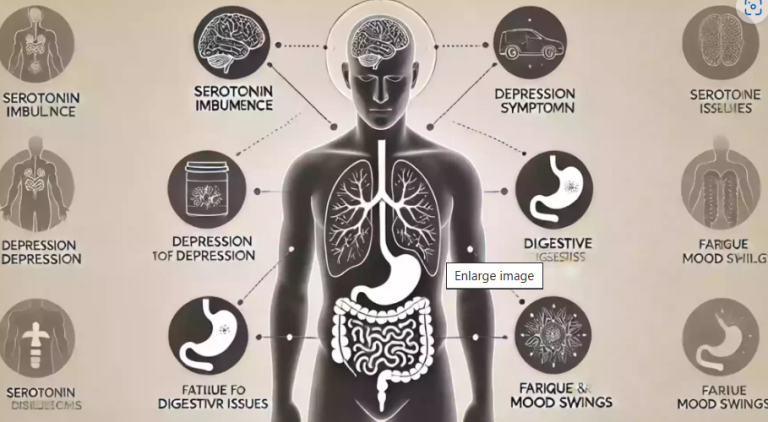
Neurodiversity and Mental Health: A Psychological Perspective
The relationship between neurodiversity and mental health is complex and significant. Neurodiversity refers to the idea that variations in the brain and cognitive functioning—such as autism, ADHD, dyslexia, and other neurological differences—are natural and should be recognised and respected as part of human diversity. This perspective challenges the traditional view that neurotypical functioning is the standard.
Understanding neurodiversity from a psychological perspective emphasises the need for inclusive mental health practices and support systems that recognise and accommodate diverse cognitive styles. It encourages an approach that values individual strengths and challenges rather than pathologising differences.
Mental health issues may be more prevalent among neurodiverse individuals due to various factors, such as societal stigma, discrimination, and a lack of understanding from caregivers and peers. Recognising these challenges is essential for creating effective mental health interventions that are tailored to the unique needs of neurodiverse populations.
Embracing neurodiversity within the context of mental health promotes a more comprehensive understanding of well-being that values all cognitive differences as part of the rich tapestry of human experience.

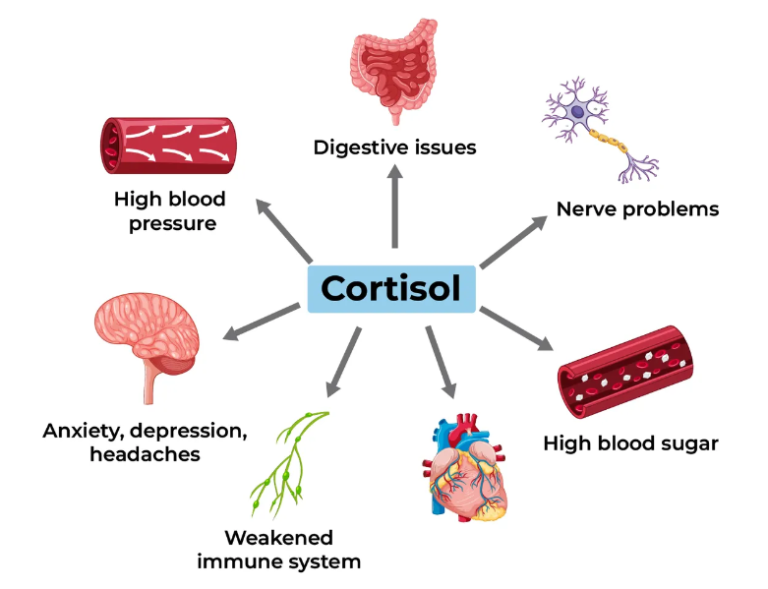
Insight into Mental Health: Fostering Understanding, Acceptance, and Support
Mental health encompasses our emotional, psychological, and social well-being. It affects how we think, feel, and act, and it also helps determine how we handle stress, relate to others, and make choices. Here are brief overviews of some common mental health conditions
Characterised by excessive fear or worry.
Types: Generalised Anxiety Disorder (GAD), Panic Disorder, Social Anxiety Disorder, and specific phobias.

A mood disorder causing persistent feelings of sadness and loss of interest.
Symptoms: Changes in sleep, appetite, energy level, concentration, daily behaviour, or self-esteem.

A disorder associated with episodes of mood swings ranging from depressive lows to manic highs.
Types: Bipolar I, Bipolar II, and Cyclothymic Disorder.

A condition triggered by experiencing or witnessing a traumatic event.
Symptoms: Flashbacks, nightmares, severe anxiety, and uncontrollable thoughts about the event.

A disorder characterised by unwanted, recurring thoughts (obsessions) and behaviours (compulsions).
Symptoms: Repetitive behaviours or mental acts performed to reduce anxiety.

Disorders characterised by abnormal or disturbed eating habits.
Types: Anorexia Nervosa, Bulimia Nervosa, and Binge-Eating Disorder.

Personality Disorders

LGBTQ+ Community: Mental Health and Resources
The mental health and well-being of LGBTQ+ individuals are profoundly impacted by societal stigma, discrimination, and the unique challenges they face. This section provides a comprehensive guide to mental health resources specifically tailored for the LGBTQ+ community. It includes information on support organizations, mental health services, and coping strategies to help individuals navigate their mental health journey with confidence and care. Whether you're seeking professional therapy, peer support, or educational resources, this section offers valuable insights and connections to foster a supportive and inclusive environment.
The Importance of Identity Validation for Mental Health

In the LGBTQ+ community, the validation of one's identity plays a crucial role in maintaining mental health and well-being. Unfortunately, many individuals experience invalidation, which can have severe psychological impacts. The following overview explores the mental health statistics within the LGBTQ+ community, the negative effects of identity invalidation, and the critical importance of acceptance in fostering positive mental health outcomes.
Understanding Gender Identity Terminology
Support Organisations


Gender identity is a deeply personal and intrinsic sense of one's own gender, which may or may not align with the sex assigned at birth. Here is a guide to key terms and concepts to foster respect, inclusivity, and understanding
There are a multitude of organisations dedicated to providing assistance, guidance, and community for LGBTQ+ individuals. Here, you'll find detailed information on various organisations, their contact details, and the specific support they offer. Whether you're looking for peer support, professional advice, or simply a listening ear, these organisations are here to help you navigate your journey with confidence and care.
Empowerment and Recovery: Self-Help Resources by Laura Prince of Nurse Against Abuse
Explore a comprehensive collection of self-help resources currently being created by Laura, founder of Nurse Against Abuse. Developing these guides, Laura hopes to offer valuable insights and practical tools for self-care, self-help, advocacy, awareness, practical help, and healing and recovery for mental health and neurodiversity. Click each guide to access the download and embark on your journey towards emotional well-being and empowerment.

Brainstorming Therapy

Enhancing Your Sleep

Brain Storming For Children
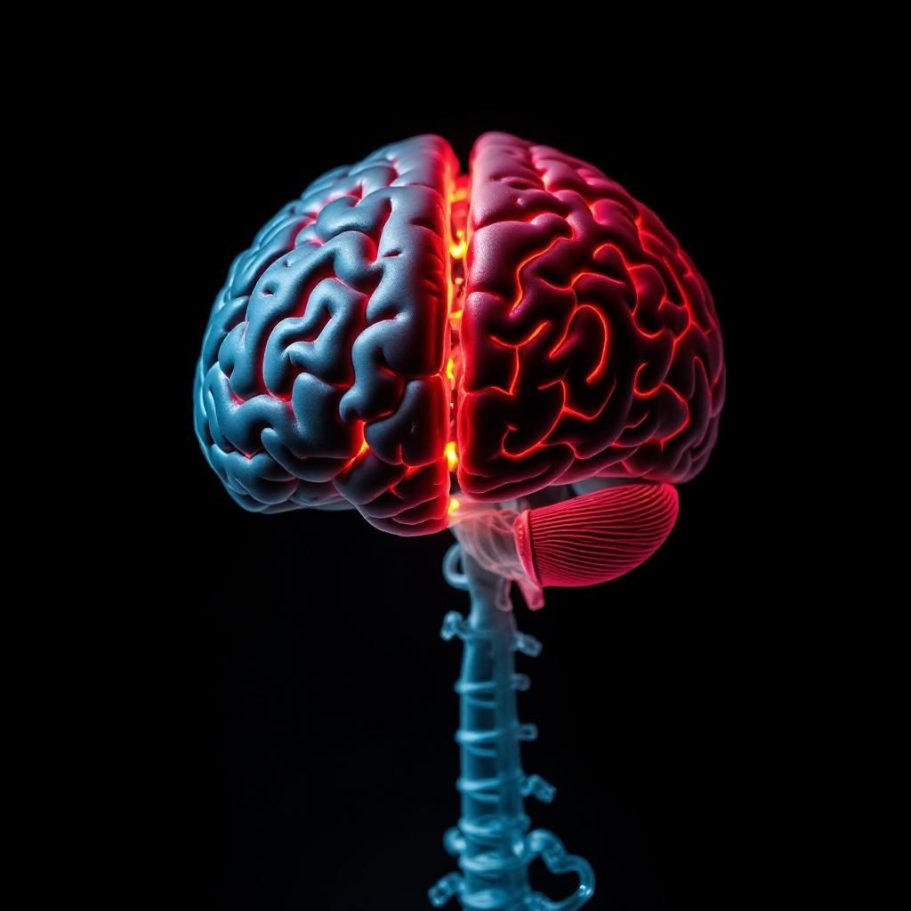
Find out more with our simple guide. Click the Heading to access!

Find out more with our simple guide. Click the Heading to access!
Well Done, Mummy! You Got It Right.
The Role of Neuroplasticity in Complex Post Traumatic Stress Disorder
In this heartfelt blog post, the author shares their first experience with a mental health service, highlighting the anxiety and challenges faced when seeking support. The post delves into the impact of past traumas, the struggle to express emotions, and the importance of finding the right help. The author discusses their journey of dealing with triggers, the need for safety measures, and the consideration of various therapeutic options, including medication and EMDR. This candid account underscores the ongoing battle with trauma and the hope for healing through appropriate support and self-help techniques.

When the world turns cold and distant, there are souls who understand with warmth and grace
This blog highlights the overwhelming nature of depression and loneliness, emphasizing that these silent battles are more common than we might think.
IIn this heartfelt blog post, the author shares their intense struggle with PTSD, detailing vivid flashbacks, overwhelming anxiety, and the physical and emotional toll of preparing for a court meeting regarding their child’s safety
In this blog post, the author shares their journey of being diagnosed with Combined ADHD in July 2023, and the newfound understanding it brought to their life. They discuss their initial hesitation to start medication, the impact of the diagnosis, and the revelation of also having rejection sensitivity dysphoria, shedding light on their experiences and the importance of mental health awareness.
This blog explores how the festive season, often seen as a time of joy, can be particularly challenging for those who have experienced abuse. It highlights the heightened emotions, family gatherings, and societal expectations that can exacerbate feelings of anxiety, sadness, and isolation, and offers tips to help navigate this period and find ways to cope and heal.
Neurodiversity and Mental Health: Blogs, Resources, and Downloads?
This blog offers personal experiences, research findings, and practical advice to support individuals with neurodiverse conditions. Learn about the importance of early intervention, the positive impact of embracing neurodiversity, and strategies for creating inclusive environments.
We need your consent to load the translations
We use a third-party service to translate the website content that may collect data about your activity. Please review the details in the privacy policy and accept the service to view the translations.
